Tradition and Innovation in Haggai and Zechariah 1-8
The prophets Haggai and Zechariah, near contemporaries, were active at a critical period in Israel's history. The recently restored Jerusalem community had come through national downfall and exile. Its religious and sociopolitical identity in the Persian Empire had to be established. This volume offers a thematic study of the prophetic response to that situation. The prophets, their status and their styles of prophecy are compared with those of their predecessors, as are their attitudes towards Israel's religious traditions. Their theological understanding of proper leadership, divine judgment, and Israel's relationship to other nations is compared with the developing theology of the classical prophets. The purpose is to discover whether Haggai, Zechariah and their tradents demonstrate continuity with, or divergence from, the prophetic traditions in which they stood. This study concludes that Haggai is a traditionalist, while Zechariah emerges as an innovative and radical theologian ahead of his time.
{{comment.content}}
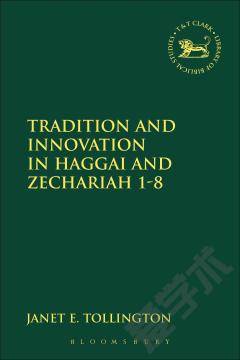
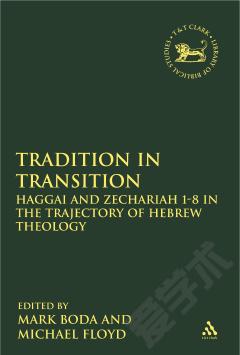

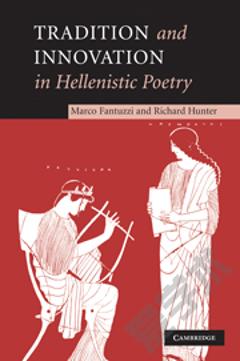
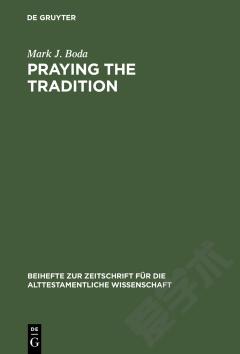
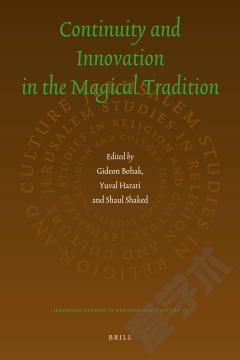
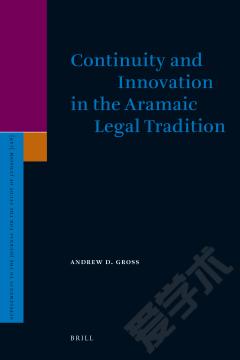

 京公网安备 11010802027623号
京公网安备 11010802027623号